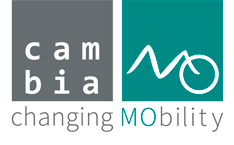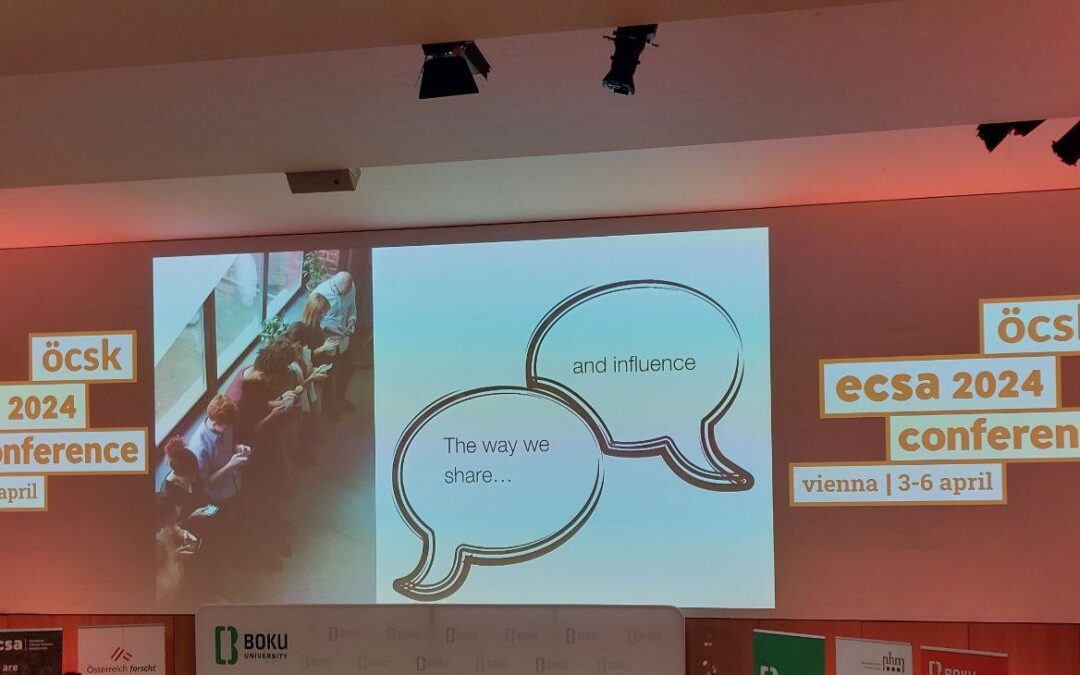The past week, Floridea Di Ciommo, director of cambiaMO, attended the ECSA conference in Vienna to collect examples from citizen science practitioners that can be helpful in tackling climate change through citizen assemblies.
The European Citizen Science Association (ECSA) conferences celebrate the citizen science community by bringing together hundreds of individuals and organizations dedicated to increasing the democratization of knowledge production. ECSA supports the growth of citizen science in Europe and advocates for its recognition, promotion, and funding as a valid approach to research.
ECSA’s mission revolves around empowering people to effect positive change through science, with a vision of making science and research open, accessible, and valuable for everyone.
This year, the conference’s focus is on the theme of ‘Change’, reflecting the current era of rapid transformation across various levels. Recognizing that change can be perceived differently by different groups, ECSA aims to explore diverse perspectives on change within the realm of citizen science and participatory research. It seeks to emphasize the potential of citizen science as a catalyst for change in both research and society, serving as a valuable tool for managing the ongoing transformations in our environment.
cambiaMO was happy to participate in this year’s event in representation of the CLIMAS project in the session: Citizen Science in Climate Assemblies: Policy Recommendations Based on Citizen-Generated Knowledge, last 4th of April, with Ferran Bertomeu Paga and Julian VIcens. The session consisted of a workshop on how to effectively use citizen science in LivingLabs and ClimateAssemblies.
Climate assemblies and Living labs are considered sustainable and reasonable tools to stimulate deliberative democracy in climate policymaking. The ambition of the CLIMAS project is to support a transformation to climate resilience by offering an innovative problem-oriented climate adoption Toolbox, co-designed together with stakeholders by applying a values-based approach, design thinking methods, and citizen science mechanisms. Learn more about CLIMAS here.







